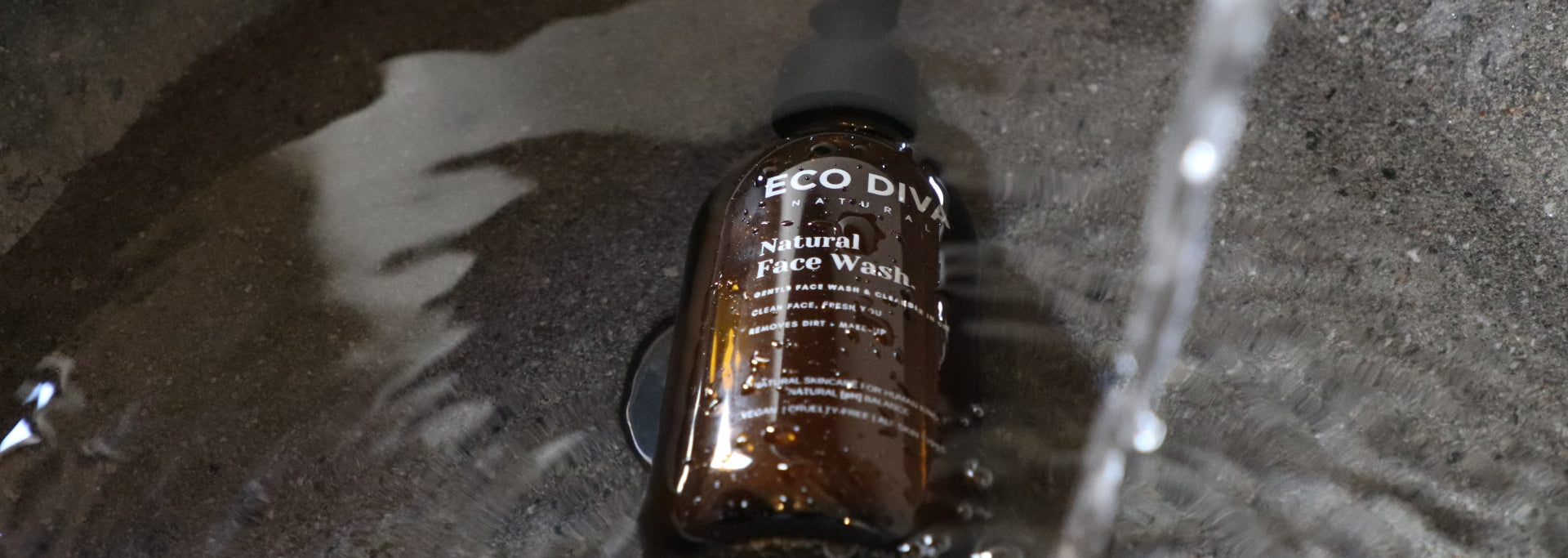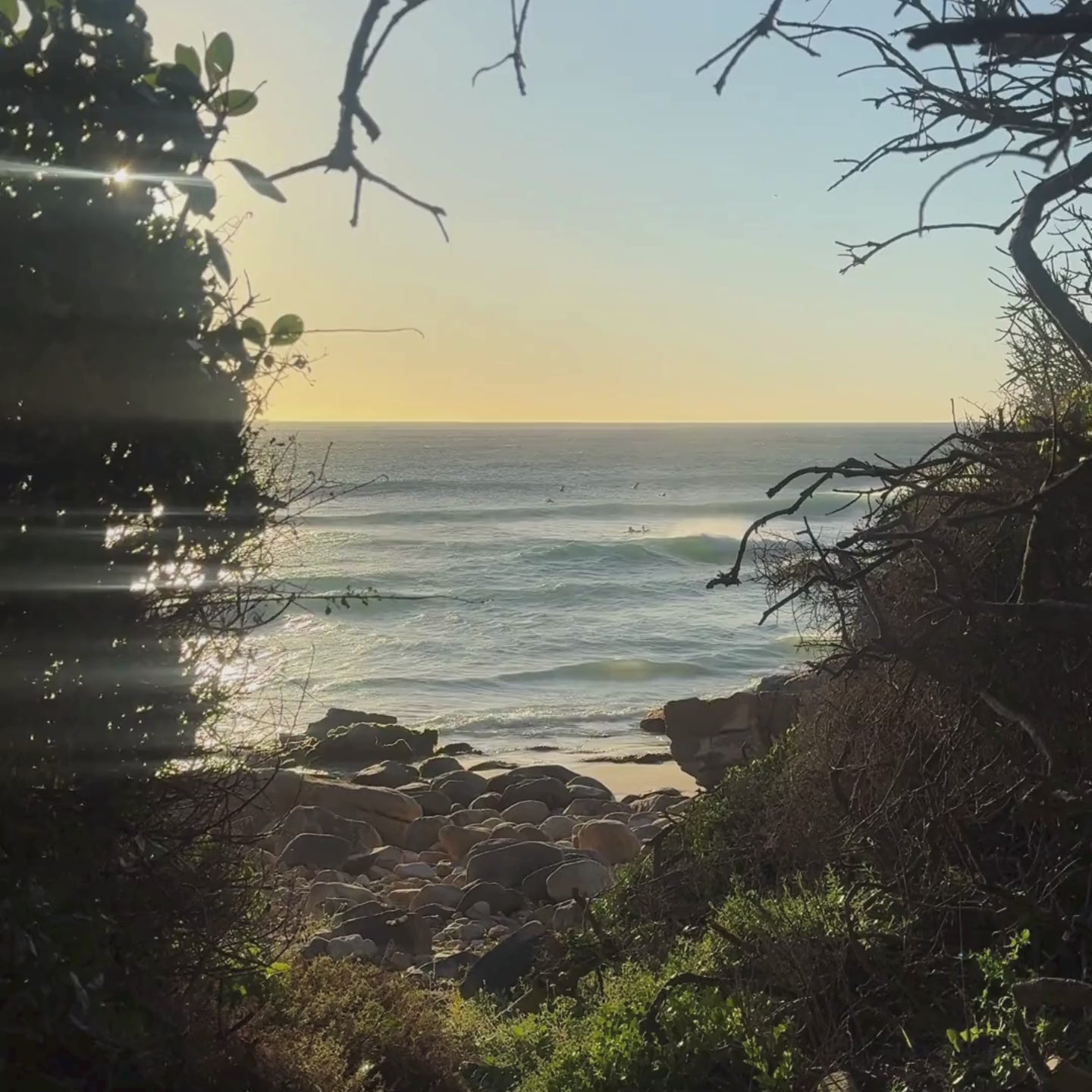Ford Motor Company of Southern Africa (FMCSA) is making a valuable contribution to the environment and sustainability in South Africa through its Ford Wildlife Foundation (FWF).

FMCSA has a proud legacy of supporting and partnering with organisations that address environmental education, research and conservation projects around South Africa. The company has assisted more than 150 projects and invested over R30-million over the past 25 years in this field.
“Environmental education and conservation is critical for the future of South Africa, and to ensure ecological sustainability which is increasingly under pressure,” says Jeff Nemeth, CEO and President of Ford Motor Company of South Africa and Sub-Saharan Africa.
Ford is also announcing the expansion of the Ford Wildlife Foundation into Africa. “As responsible corporate citizens, Ford, its employees and dealers have an obligation to play their part in securing our natural resources for future generations. The Ford Wildlife Foundation allows us to do so in an effective and meaningful way.”
The Foundation is supported financially by FMCSA, and the non-government and non-profit partner organisations nominated by Ford and the FWF board are supplied with vehicles to conduct their education, research and conservation initiatives.
The locally-built Ford Ranger, which is one of SA’s top-selling vehicles overall and in the light commercial segment, is one of the key models used to enable the projects to go further and make a real impact – particularly in the remote locations often associated with these projects.
In partnership with the Ford dealers, the Ford Wildlife Foundation vehicles are regularly serviced and maintained to the highest standards to ensure they operate at peak efficiency.
There are numerous conservation projects located around the country, including the likes of the Black Rhino Project in KwaZulu-Natal that is focused on protecting and growing this increasingly threatened species.
The Enkangala Grasslands Project promotes the concept of biosphere reserves and the establishment and maintenance of a biosphere reserve for the high altitude moist grasslands of Mpumalanga, KwaZulu Natal and Free State Provinces of South Africa.
Environmental education projects that bring information about the country’s biodiversity to the population are a crucial component of the Foundation’s objectives, as are research projects that investigate the impact of human activities on the environment, such as the Zululand Nile Crocodile research project run by the University of KwaZulu-Natal.
FMCSA’s extensive support for wildlife and environmental projects has earned it recognition from far and wide, and the likes of the Endangered Wildlife Trust, Wildlife & Environment Society of SA, Birdlife SA, Association of Marketers, WWF, and the American Chamber of Commerce have in the past all recognised the programme for its contributions.


























